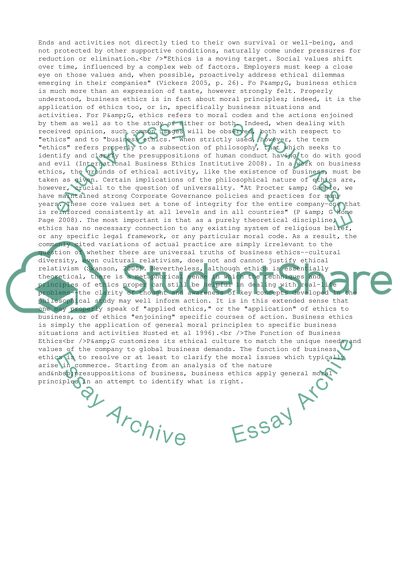Cite this document
(Ethics Audit Case Study Example | Topics and Well Written Essays - 1750 words, n.d.)
Ethics Audit Case Study Example | Topics and Well Written Essays - 1750 words. https://studentshare.org/business/1504370-ethics-audit
Ethics Audit Case Study Example | Topics and Well Written Essays - 1750 words. https://studentshare.org/business/1504370-ethics-audit
(Ethics Audit Case Study Example | Topics and Well Written Essays - 1750 Words)
Ethics Audit Case Study Example | Topics and Well Written Essays - 1750 Words. https://studentshare.org/business/1504370-ethics-audit.
Ethics Audit Case Study Example | Topics and Well Written Essays - 1750 Words. https://studentshare.org/business/1504370-ethics-audit.
“Ethics Audit Case Study Example | Topics and Well Written Essays - 1750 Words”. https://studentshare.org/business/1504370-ethics-audit.


